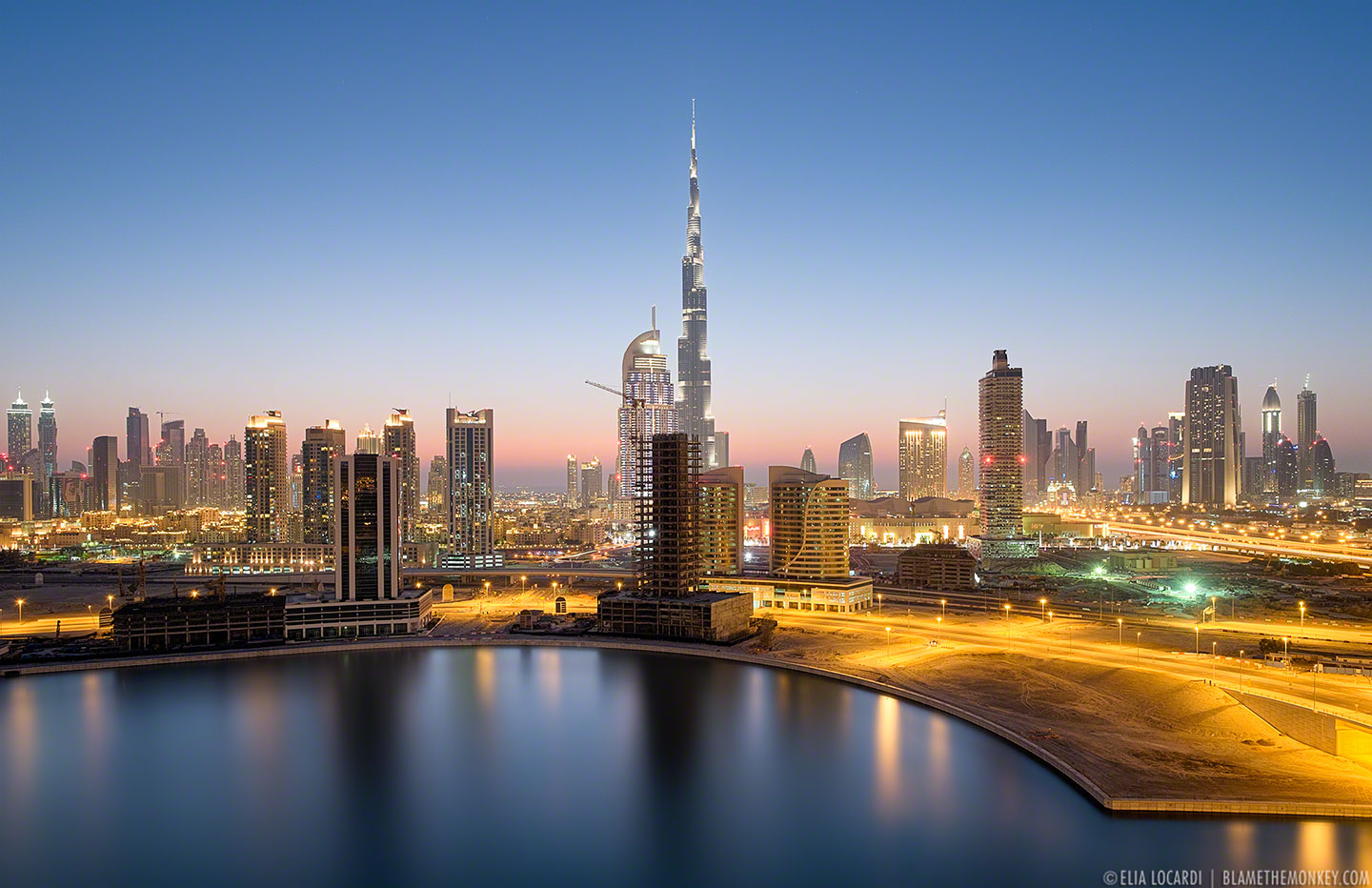Beirut is still arguing over its post-war reconstruction
ASIDE FROM its name, Beirut Souks could be anywhere. Gone is the labyrinth of alleys that rambled down to the port. Instead, soulless walkways lined with shops sporting global brands have buried the maze of spice and gold markets that once were filled with the braying of donkeys. The grand edifice pockmarked by shells that formerly housed L’Orient-Le Jour, Lebanon’s French-language newspaper, is a lone reminder of the grandeur that used to prevail around the Souks.
Few projects arouse Lebanese passions as much as the rebuilding of Beirut. Some praise it for raising the city, phoenix-like, from the ashes of its 15-year civil war that ended in 1990. Others complain that it has let tycoons and politicians evict a jovial medley of religions and classes from the old city to grab its best real estate.
For the project’s supporters, it is enough that Beirut has revived at all. The war had left Lebanon bankrupt. So a building magnate, Rafik Hariri, was elected its prime minister. He let Solidere, a new company in which he was a shareholder, requisition chunks of land in the centre. But before he was assassinated in 2005, he equipped the city centre with its own electricity and fibre-optic network, while the rest of Beirut suffered blackouts and a snail-paced internet. Hariri built tunnels en route to the...























